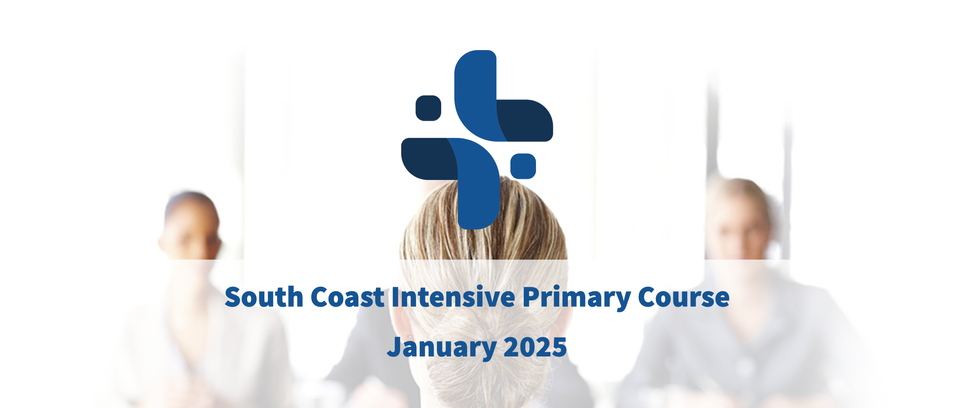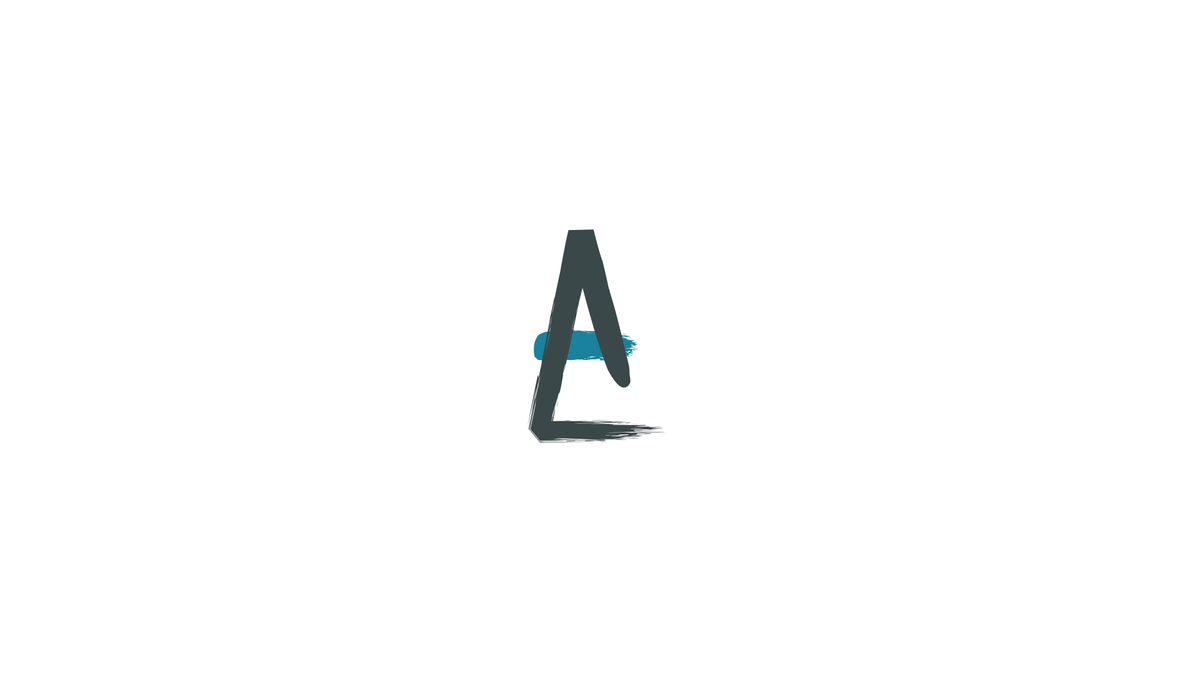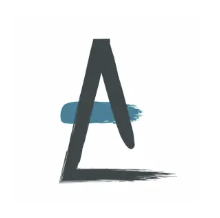Course review - South Coast Intensive Primary (SCIP) Course

Cost
- £400
The Pros
- Offers both VIVA and OSCE elements
- High quality, in depth, personlised feedback, both in verbal and written format for you to take
away - Small number of candidates
- Good value for money
- Great food
The Cons
- Long, intense days, with early starts, meaning you are tired at the end of each day
- This is not a “teach me everything I need to know” course, and expects you to be pretty much the finished article by the time you arrive
These aren't really 'cons' of the course, but we struggled to find anything to put in this box.
Register Here
Anaestheasier's Review
9/10
Would definitely attend again
Our thoughts
While gearing up for my Primary FRCA OSCE and VIVA, I was keen to explore a few of the multitude of courses on offer these days.
With the exam being so crucially important - and so expensive - it's very easy to get sucked into signing up to a whole load of courses, spending hundreds of pounds in the process, when it probably isn’t necessary!
One of our goals with our Anaestheasier Course Reviews section is to provide a genuine, unbiased insight into the courses we’ve been to (including exam courses), in order to help you choose the best and highest yield options, as well us figuring out which ones are suited to your learning style.
We are not sponsored by anyone, we just want to help you spend your money and time more efficiently.
This ethos is echoed nicely by the SCIP course team:
“This exam is too important and expensive to take chances with your knowledge.”
I attended the course in October 2023, prior to sitting the OSCE/VIVA exam in November.
Each iteration of the course is held the month before the respective exam sitting, and candidates may only attend if they are intending to take the exam at the next opportunity.
You can probably guess how prepared they're expecting you to be.
This is very much designed as a consolidation of knowledge, and an optimisation of technique, rather than a “teach me everything I need to know” revision course.
The Cost
SCIP is a non-profit endeavour, and the course is run at cost, with just sixteen candidates accepted for each iteration.
The whole weekend weighs in at £400, which - as intense two day revision courses go - is very good value for money.
The Location
Held at the spectacular New Place Conference Centre, near Wickham Hampshire, (imagine sitting your OSCE at a wedding venue), this location has been chosen due to its proximity to Southampton and Portsmouth, and easy access from M3 and M27.
The venue itself also has a very corporate, business-professional type feel to it inside, which I found sufficiently similar to the set up at the Royal College of Anaesthetists building in London, and so this was another benefit in terms of preparation.
If you are feeling particularly bougie (or just want to maximise the use of your study budget) the hotel attached to the conference centre is incredible, with use of the gym, sauna and indoor swimming pool included with room booking (the perfect way to unwind after a full day of brain-busting exam practice).
However if this isn't your vibe, there is a plethora of more modest options in the surrounding area.
The Course
One of the strongest features of the SCIP course is that it offers both VIVA and OSCE teaching and practice, which I found to be quite rare when searching for exam courses, as they generally tend to focus on one or the other.

Day 1
Day 1 was made up of a variety of teaching sessions (interactive, lecture based, and small group teaching all included), covering many of those topics that we often forget can spring up in the Primary FRCA exam, and those which are more difficult to revise alone.
Topics including:
- Neonatal resuscitation
- Radiological anatomy
- Breathing circuit safety checks
These topped my list for things that my prior revision was lacking, and were covered in solid detail.
The sessions were delivered by consultants, or post-primary trainees, and I felt comfortable asking them specific questions about the subject material, as well as more general exam topics.
The teaching sessions (and the mock exams on day 2) were designed using feedback from previous attendees on the commonly examined topics each year.
This leads to a situation where the course organisers can spot trends and favourite topics, and focus teaching and revision to those areas. I can personally attest to the fact that many of the topics that we covered during the SCIP course came up in my exam.
Watch me
In my opinion, one of the most beneficial - and scariest - sessions during day 1 was the video session.
During this task, we were filmed whilst answering a deliberately difficult (verging on impossible) VIVA topic. Immediately following this, we were taken next door where an experienced consultant analysed the video with us, one-on-one.
The focus was not on knowledge, but on the soft skills of communicating clearly, handling pressure, and delivering a solid VIVA answer.
No-one else ever saw the video (it was deleted in front of me) and it offered a valuable opportunity to identify - and correct - those distracting little tics and habits - which are often even more visible when the pressure is on with a difficult question.
Day 2
Day 2 was intensive practice!
Throughout the second day, we each sat the entire exam (4 x VIVA stations, and 16 OSCE stations) 1.5 times.
The stations and rooms were set up in such a way that we got a seriously realistic feel for what the actual day will feel like - the background noise, the anxiety, the awkward silences when you don’t have the foggiest what the examiner wants from you, and the highs when you absolutely slam-dunk a station.
We were also encouraged to wear the same outfit we would be wearing for the exam itself, which I found genuinely added to the fidelity of the whole endeavour.
(That suit collar feels even tighter when the pressure's on).
Each and every OSCE station and VIVA question that we sat was followed by in-depth feedback from the examiners that we faced.
We repeated the OSCE circuit in order, with examiners giving us real-time, verbal feedback, then the facilitators also provided written feedback. This was collected into a personalised portfolio over the course of the weekend, and given back to us at the end of each day.
The feedback I received was bespoke, and very detailed. It gave me a real sense of what I was already doing well, and crucially, where I could look to improve to pick up extra marks.
I found day 2 extremely intense, and by the end of it I was absolutely exhausted.
However, that exhaustion came with the reassurance that if I could cope with that, I could definitely handle a shorter day of the same kind of thing!
Food
Wow.
The best food I’ve ever eaten at a course, hands down. It really continued the “OSCE at a wedding venue” vibe, and if I could go back purely for the food I would.
As a really nice touch, lunch each day was served in a dining hall, where you mixed on long tables both with other candidates and the facilitators/examiners.
This provided a great opportunity to discuss things informally, and I certainly picked up a number of useful tips this way.
Conclusion
Overall, I am very pleased to have attended the SCIP course.
I definitely feel that it helped to polish my technique, and in particular, cleared some of the fog away from the OSCE. If you are looking for a high quality, good value exam course, I would thoroughly recommend it.

Check out our other course reviews here

Here are all our OSCE stations

